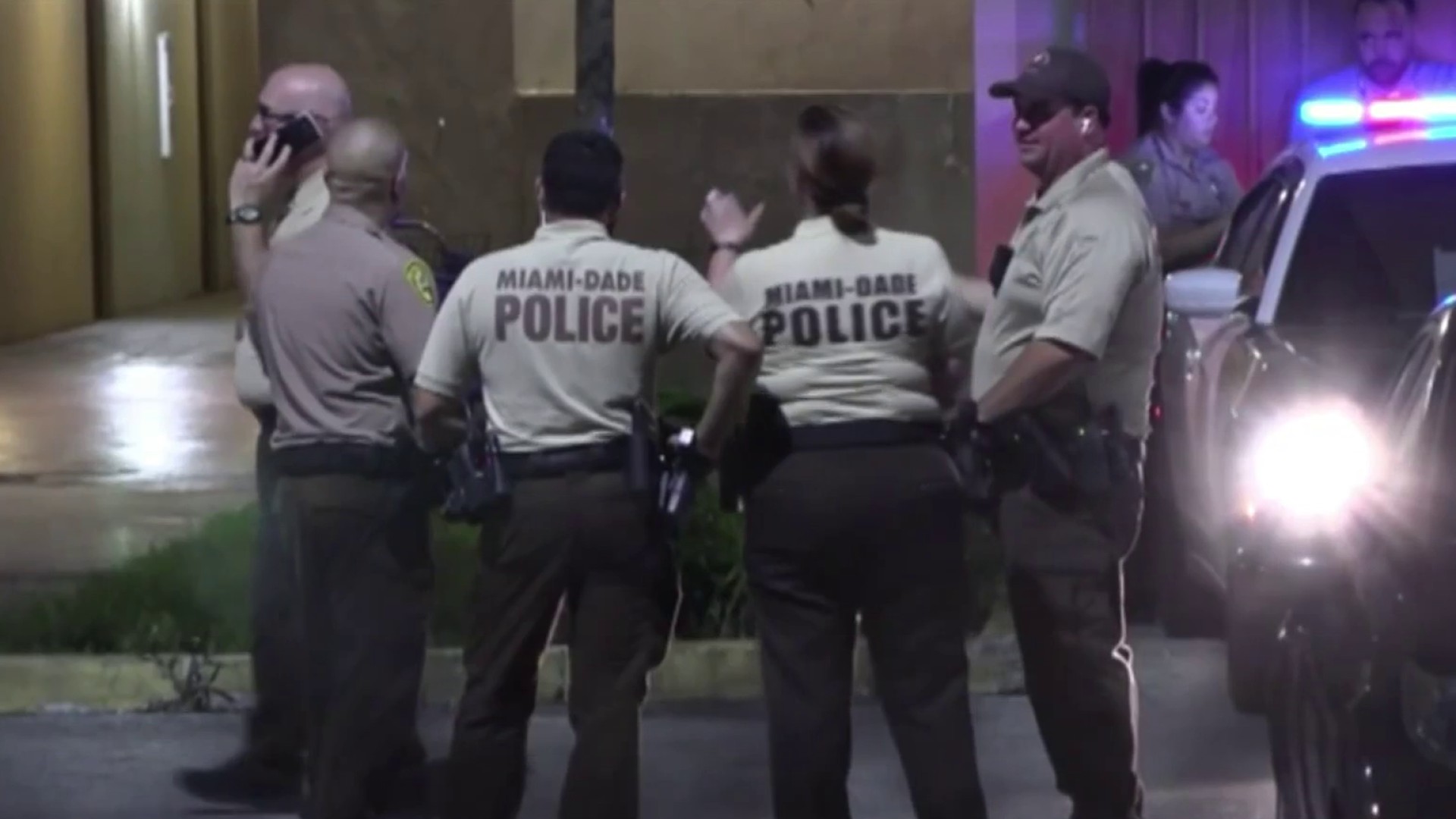A Florida judge on Wednesday threw out a lawsuit aimed at blocking a significant expansion of the state's main private school voucher program.
The move isn't expected to end the ongoing legal battle, but it gave a victory to proponents of the nearly $300 million program which currently pays to send children from low-income families to private schools, many of which are religious.
The lawsuit was being closely watched because it also jeopardized a new program that expands services to disabled children.
State legislators in May passed a lengthy education bill that created the new program and expanded the state's main voucher program to middle-income families. The lawsuit filed two months later contends legislators violated a requirement in the state constitution that bills can cover only one subject when they passed the measure.
But Chief Circuit Judge Charles Francis dismissed the lawsuit after finding that a Lee County social studies teacher did not have the legal standing to file it. The lawsuit was also backed by the Florida Education Association, which is the union that represents Florida teachers.
Francis, however, did say that Tom Faasse and the union, could amend the lawsuit if they wished.
The FEA did not say in a statement whether or not it would continue with the lawsuit. But the union has a second lawsuit that seeks to have the entire program shut down.
Local
"We wish the judge had taken up the merits of the case, because it's clear that the Legislature overstepped its authority in passing this legislation," said Joanne McCall, vice president for the union, in a statement.
Sen. Andy Gardiner, R-Orlando, called on the FEA to drop the lawsuit since it would could potentially harm nearly 1,000 disabled students who will be receiving the new "personal learning scholarship accounts" as they are called. These accounts would allow parents of children with disabilities such as autism and Down syndrome to receive services worth $10,000 a year.
"The last thing these students and their parents need is a politically motivated legal attack from union bosses financed by the paychecks of hardworking Florida teachers," Gardiner said in a statement.
Florida's tax credit scholarship program was first set up in 2001. It allows companies to receive tax credits from the state if they donate money to organizations that hand out the private school vouchers.
Currently the program is limited to families who earn up to 185 percent of the federal poverty level. But the expansion approved by legislators and Gov. Rick Scott would let middle-income families receive partial vouchers starting in 2016. The law also removes a requirement that students in grades 6 through 12 had to attend a public school the prior year in order to be eligible.
The program had nearly 60,000 students enrolled it in during the last school year.



